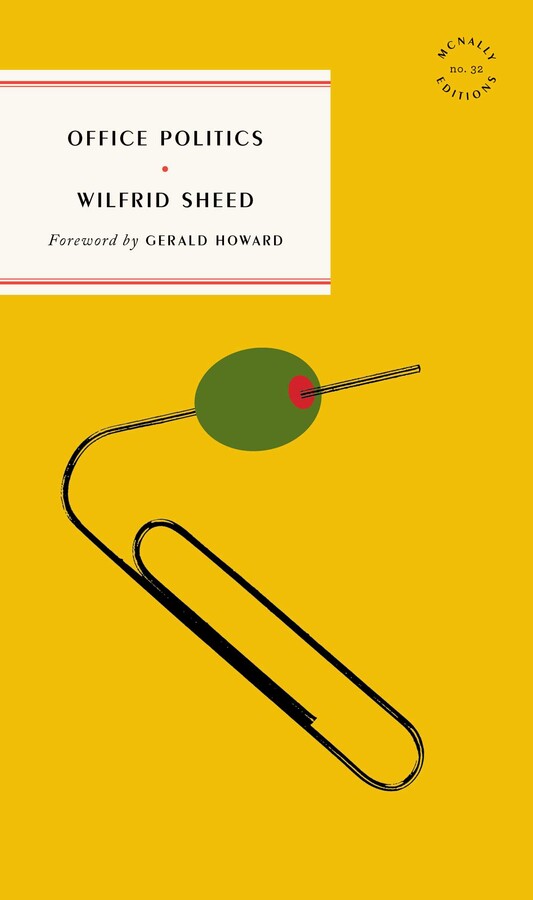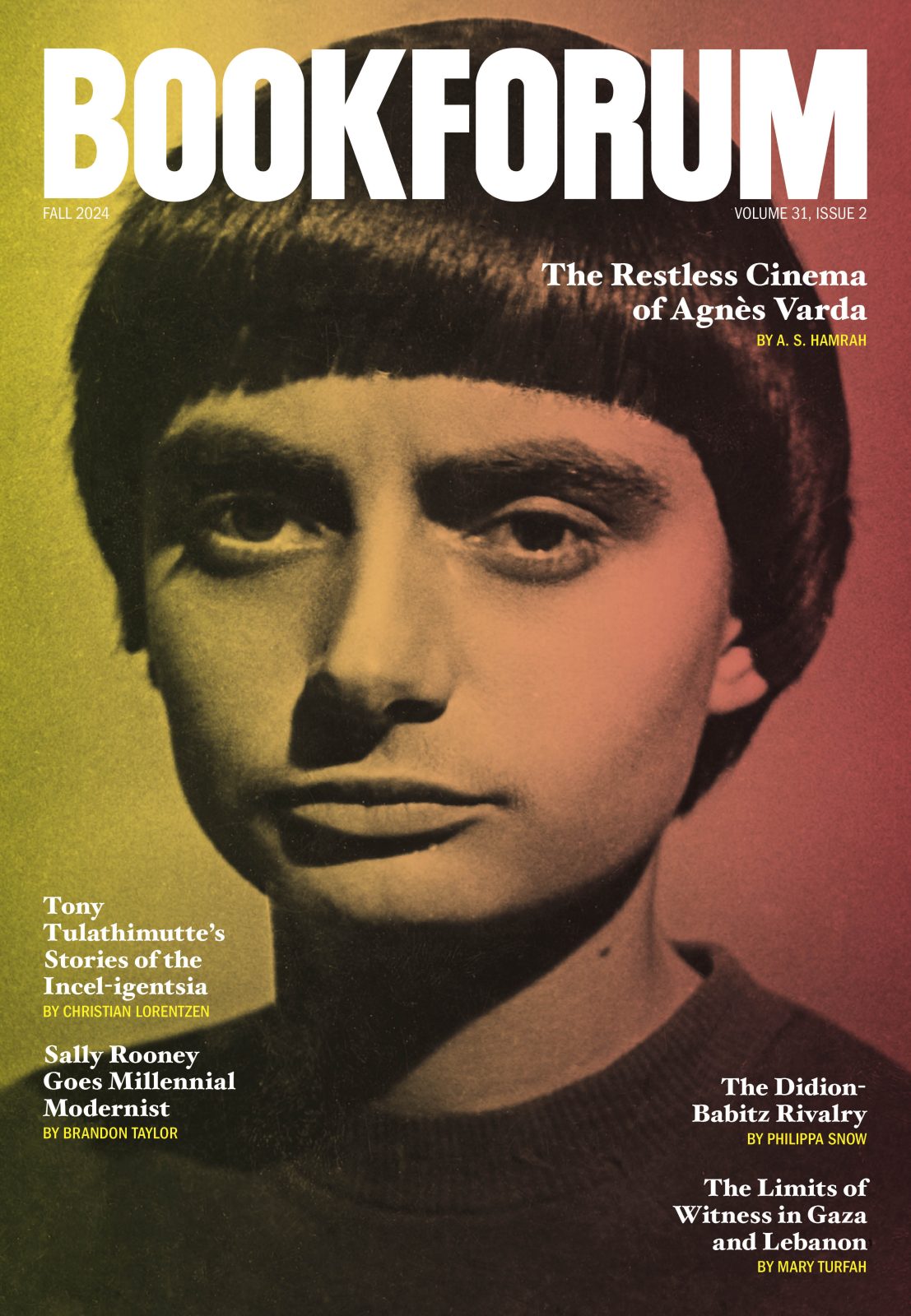
THE DEFINITION OF INSANITY, as the cliché goes, is doing the same thing over and over again and expecting different results, yet American intellectuals have been founding little magazines since at least 1840, when a group of Transcendentalists published the inaugural issue of The Dial—often cited as the progenitor of the form on this side of the Atlantic. Contrary to what you might think, the diminutive moniker refers not to the size of a publication’s staff, nor its budget (though it might as well), but to its willed marginality in style or substance. In their 1947 study The Little Magazine: A History and a Bibliography, Frederick J. Hoffman, Charles Allen, and Carolyn F. Ulrich defined the little magazine as one “designed to print artistic work which for reasons of commercial expediency is not acceptable to the money-minded periodicals or presses.” These magazines have advocated for modernism and for communism, defined countercultural scenes, and staged internecine battles among the organized left. They have also been vulnerable to chronic budget deficits, editorial squabbling, and—notoriously—interference by the CIA. To work at such a publication can be an exercise in cognitive dissonance: high-minded principles coexisting with petty feuds, intellectual nourishment with organizational dysfunction. It can also be a lot of fun—a refuge from the flagrant careerism and inanity of a shrinking media industry. Maybe that’s why we can’t seem to stop making them, even though the odds of survival are long.
The novelist and critic Wilfrid Sheed had a fond but unromantic view of this niche business, one he formed as an editor at the progressive Catholic magazines Jubilee and Commonweal, where he worked from the late 1950s to the early 1970s. In a 2004 essay about his time at Commonweal, Sheed quipped with characteristic self-deprecation that “one could only afford to work at the magazine until one reached two and a half babies, or bumped into a sudden change in the rent-control laws, or just about any other surprise whatever. So at least our blood was always new and our ideas the latest, if not best.” His tone may be ironic, but the sentiment was real: Sheed had long dreaded editorial homogeneity. As he complained to the New York Times, where he’d previously served as a literary columnist, back in 1979, “Magazines start life with beautiful brochures and then get stuck. They hire editors from other magazines, with the baggage labels still fresh, and then writers who are known to do such and such, and then the magazine winds up being the same old magazine you’ve been reading all your life.”
This staleness would seem to be the fate of The Outsider, the invented liberal magazine at the center of Sheed’s 1966 novel Office Politics, newly reissued by McNally Editions. The book begins fifteen years into The Outsider’s life and seven years into the reign of imported British editor Gilbert Twining, when putting out a new issue has become—in the eyes of George Wren, the youngest and newest staff member—“like wheeling an old gentleman down to the promenade for his afternoon airing. No one expected anything fresh and exciting from The Outsider; but a few were comforted to see the old fellow making his weekly appearances.” This frailty is particularly deflating for George, who recently left a significantly better-paid job at CBS to pursue his adolescent dream of working for the magazine. Seeing how it actually gets made—that is, almost entirely by its top editor—has buffed away The Outsider’s sheen. The fact that Twining seems to consider George a protégé is hardly a help: mostly, he buttonholes George for long martini-swilling sessions at the bar below the office, during which he confesses, pathetically, his thwarted sexual desires (Twining is basically impotent before any woman he feels a modicum of respect or affection for).
It doesn’t take long for George to notice that he’s not alone in feeling ennui—that in fact it has curdled into something far more baleful among the rest of the staff: his fellow editors Brian Fine and Fritz Tyler, adman Philo Sonnabend, and accounts manager Olga Marplate. The novel’s close-third narration cycles through most of their perspectives, plus that of the boss. Twining’s primary sin in the eyes of his employees, apart from his oppressive, Etonian Englishness, is his refusal to delegate. He, meanwhile, is well aware of his subordinates’ insubordination. While Twining laughs it off in public—“The best magazines are all produced by chronic malcontents. Take away the note of hysteria and discomfort, and what have you got?”— privately, he’s anxious to shore up his position. When he flies to California for a fundraising trip, Twining asks George to inform him of any developments that occur in his absence. Around the same time, George is invited by his colleagues to lunch meetings heavy with insinuation but light on actual plotting. Fritz refers to The Outsider as “our greasy little play pit,” a foul turn of phrase, delivered through a mouthful of ravioli, that only emphasizes the grubbiness of this power struggle. “Office politics in a place like this really demonstrated the puniness of the human mind,” George thinks at one point.

Just when it seems like nothing will ever change, Twining is immobilized by a heart attack while in bed with a sex worker. As he convalesces on the West Coast, Brian and Fritz try to take advantage of the magazine’s power vacuum with different but equally doomed strategies. The former—“a fat lonely man of thirty-seven” who has been nursing a psychic wound ever since Twining dismissed years’ worth of his editorials with a jaunty “These won’t do, you know”—installs himself as de facto top editor and quickly finds himself in over his head; he has the ambitions of a “second-grade lion” but the heart of a loser. Fritz, a college radical turned jaded champagne socialist, is all too happy to let Brian flounder while he skulks around in the shadows, investing in his long-term future at The Outsider by going to bed with its biggest patron, Harriet Wadsworth. Sheed’s skewering of hypocritical or deluded knowledge workers is often scathing, and Office Politics overflows with deadpan one-liners: “Wally had actually been quite a good critic in his day, with enough native intensity to last about two years—after which most critics should be shot anyway”; “Editors had to eat. Oysters, if necessary.” Occasionally, the novel tips into cheap cruelty—Brian’s weight is a recurring punch line with diminishing returns. Mostly, though, The Outsider’s employees are not just pathetic but humanized by some kind of tragic aspect.
For George, this quality takes the form of a nihilistic detachment that will be familiar to anyone who has felt disillusioned by their job, especially one supposedly dedicated to political or artistic ideals. Amid the succession chaos, he finds solace in the belief that nothing matters: certainly not The Outsider, and himself least of all. “As long as you wanted to be George Wren the promising writer, the mentally healthy editor, the good husband, you were in a box. Conversely, as soon as you saw that it didn’t matter a damn who you were, you were out again,” he thinks. “The pain of self-discovery could not be borne if you really cared; but if you had become nobody, you could take it.” His torpor is finally punctured, however, when Fritz sneaks an amateurish column by Harriet into the magazine as part of a quid pro quo—she agrees, as the magazine’s primary financial backer, to support his leadership bid in exchange. George’s anger proves that, despite himself, he is still invested in the ethics and quality of The Outsider at some primordial level.
He decides to summon Twining back to New York with a tell-all letter outlining Fritz’s scheming and Brian’s incompetence. But upon the Englishman’s return, George remembers almost immediately why they had all begun to hate him. Twining makes George accompany him on a series of rapid-fire house calls to The Outsider’s staff, whom he flatters into submission or outwits one by one. These manipulations are typical of his management style, which reduces his employees to resentful children by withholding their responsibilities, then exploiting their insecurities until the status quo feels like the only option. Over mugs of cheap filter coffee at Schrafft’s, George tries to make Twining understand “that you personally have some responsibility for these lousy people. That the reason they can’t put out a magazine without your help is you.”
He is so exasperated by Twining’s dirty tactics that, in some of the novel’s most poignant passages, he even imagines finding “a normal job, flanked by fellows called Jim and Ed who worried about their bowling scores and how their kids were doing, and who talked about their wives with simulated terror and disgust.” But the thought of going back to work for work’s sake, of bifurcating his personality and reducing politics to a parlor game, is intolerable, “a clearly signposted route to suicidal depression.” Indeed, it is the very thing that drove him to the magazine in the first place: “The terrible aridity of working just for George Wren, just for a paycheck for George Wren, and then going home and having generous opinions about everything else. Getting heated about the race question, telling the neighbors they ought to be ashamed—and then back to George Wren Advancement for another eight or nine hours.”
Perhaps it goes without saying that George can’t really bring himself to quit in the end. Hell, he might even consent to run The Outsider himself, because “it didn’t really matter who edited the damn thing, anyway, it always came out the same. At least he could get his poems in.” If that’s insanity, it’s l’amour fou.
Jess Bergman is an editor at The Baffler.
